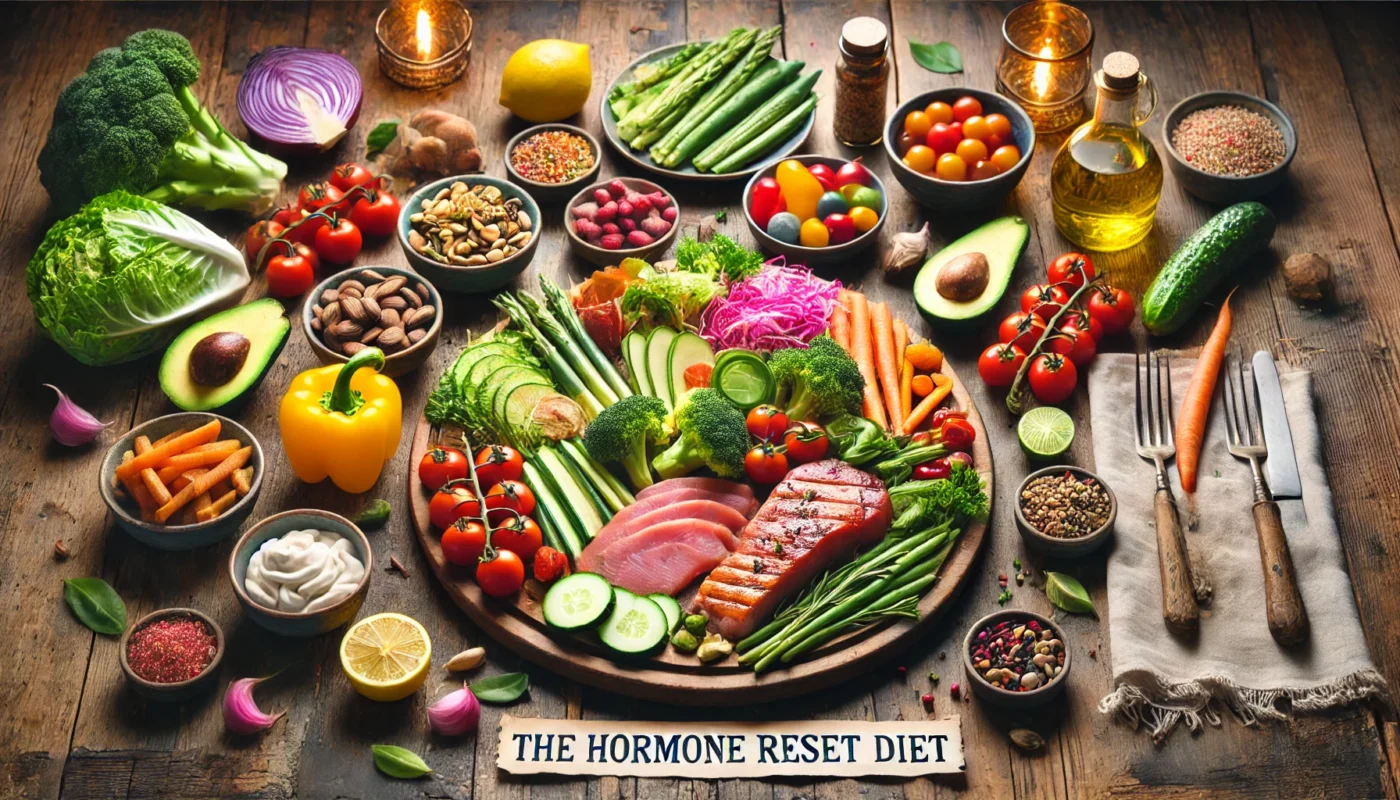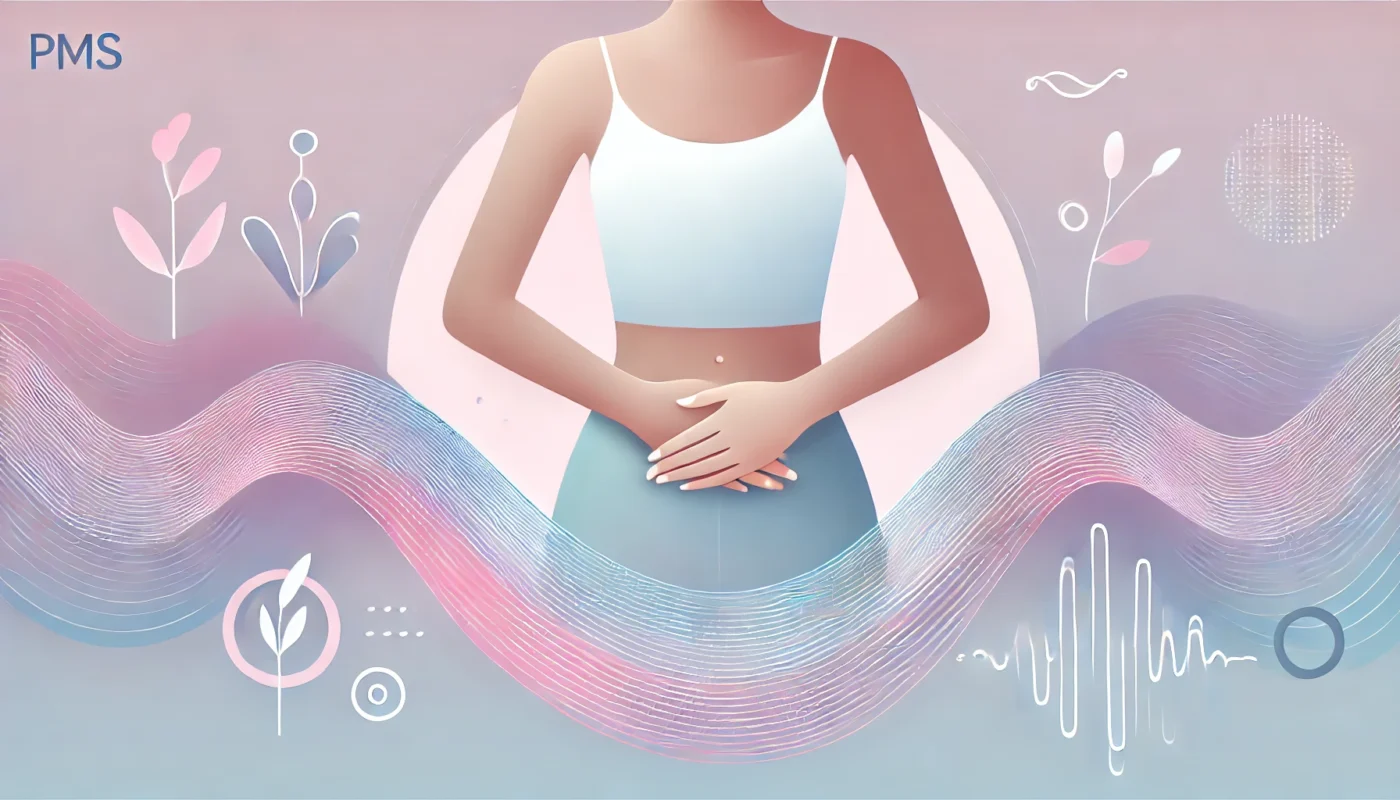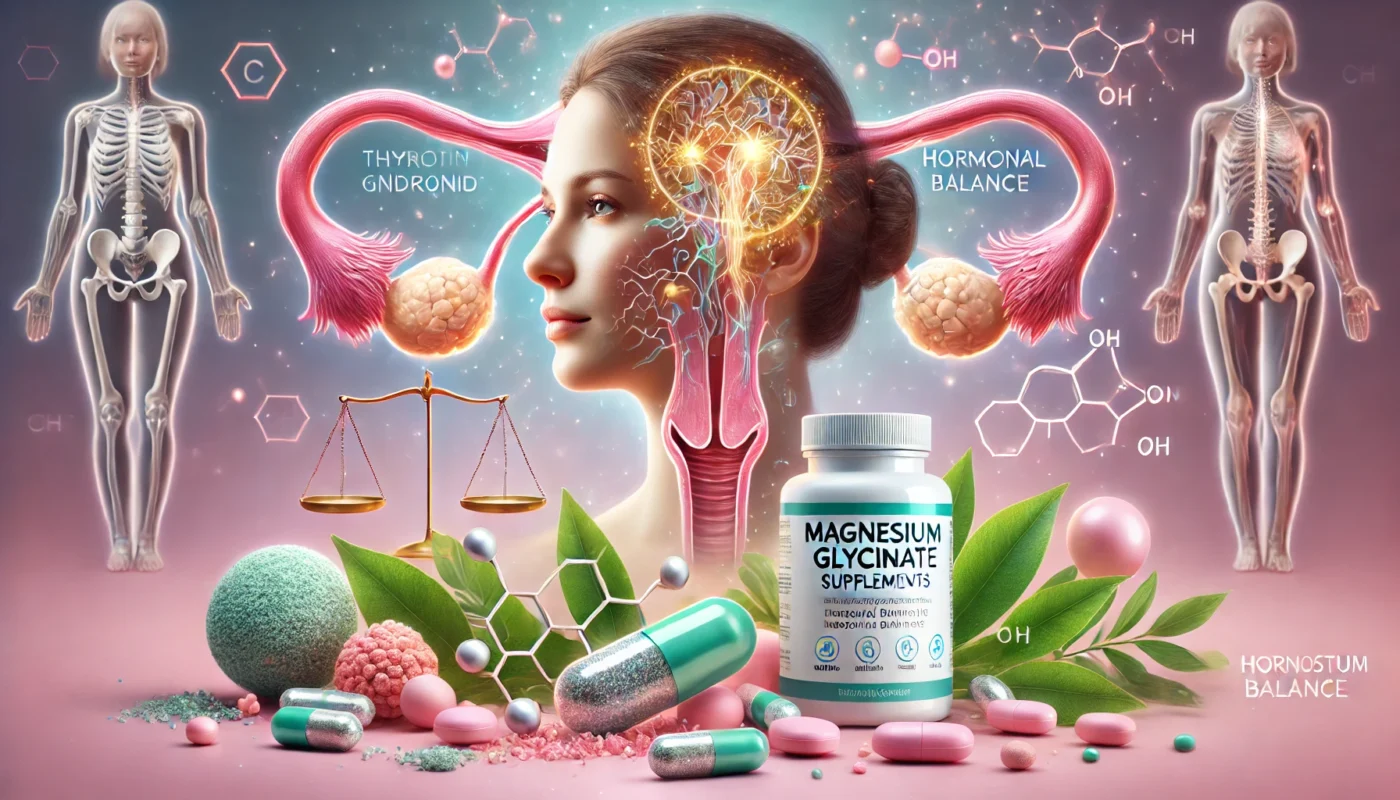Menstrual cramps, medically known as dysmenorrhea, can be a significant source of discomfort for many. When these cramps hit, finding effective relief becomes a top priority. But with numerous options available over-the-counter, how do you decide between Tylenol (acetaminophen) and Ibuprofen? Let’s delve into the science behind these medications and help you make an informed decision for managing cramps.
Tag Archives: women’s health
Luteinizing hormone (LH) is a pivotal player in our body’s endocrine system, particularly impacting reproductive health. It is produced by the pituitary gland and plays a crucial role in regulating the function of the ovaries in females and the testes in males. In females, LH is instrumental in triggering ovulation and maintaining the menstrual cycle. In males, it stimulates the production of testosterone, a hormone essential for sperm production.
PCOS is often associated with hormonal imbalances, particularly low levels of progesterone and high levels of androgens, which can exacerbate symptoms. Progesterone is crucial for regulating the menstrual cycle and maintaining pregnancy, and its deficiency can lead to anovulation (lack of ovulation) and irregular periods. Therefore, understanding how to increase progesterone in PCOS is a vital aspect of managing the condition.
Hormones are chemical messengers that regulate a multitude of bodily functions, including metabolism, mood, growth, and reproductive processes. When these hormones are out of balance, you may experience symptoms such as fatigue, weight gain, mood swings, and digestive issues. Understanding the root causes of hormonal imbalance is crucial to effectively addressing them.
Before delving into pain levels, it’s crucial to understand what acupuncture entails. Acupuncture is a component of TCM, a comprehensive system of health care that has been practiced for thousands of years. The fundamental principle of acupuncture is based on the concept of Qi (pronounced “chee”), the vital energy that circulates through pathways, known as meridians, in the body. By inserting needles at specific points along these meridians, acupuncturists aim to correct imbalances and promote the body’s natural healing processes.
Premenstrual syndrome (PMS) affects an estimated 75% of menstruating women, with symptoms ranging from physical discomfort to emotional disturbances like anxiety and mood swings (Journal of Women’s Health, 2020). For many, the emotional toll of PMS can significantly interfere with daily life, making it crucial to identify safe and effective solutions for managing these symptoms. […]
Hormonal balance is critical to maintaining physical, emotional, and mental well-being. Hormones act as chemical messengers, regulating functions ranging from metabolism to mood and reproductive health. However, factors like chronic stress, poor diet, and environmental toxins can disrupt this delicate balance, leading to issues such as fatigue, weight gain, anxiety, and insulin resistance. Magnesium glycinate, […]
Hormonal balance is a cornerstone of women’s health, influencing everything from mood and energy levels to reproductive health and metabolic function. Estrogen, a key hormone in the female body, plays a vital role in regulating menstrual cycles, supporting bone density, and maintaining cardiovascular health. However, imbalances in estrogen levels—whether too high or too low—can lead […]
Premenstrual syndrome (PMS) affects up to 75% of menstruating women, with symptoms ranging from mood swings and irritability to bloating and cramps. While the severity of PMS varies, its impact on daily life can be significant, prompting many to seek effective remedies. Traditional solutions such as pain relievers and hormonal therapies address symptoms but often […]
Progesterone is a vital hormone in the body. It plays a key role in the menstrual cycle and pregnancy.
However, maintaining optimal progesterone levels can be a challenge. Many factors, from stress to diet, can impact these levels.
Low progesterone can lead to various health issues. These include menstrual irregularities and fertility problems.
So, how can you naturally boost your progesterone levels? This article will provide you with practical strategies.
We’ll delve into the role of diet, lifestyle, and natural supplements. We’ll also explore holistic approaches to support your hormonal health.
- 1
- 2










